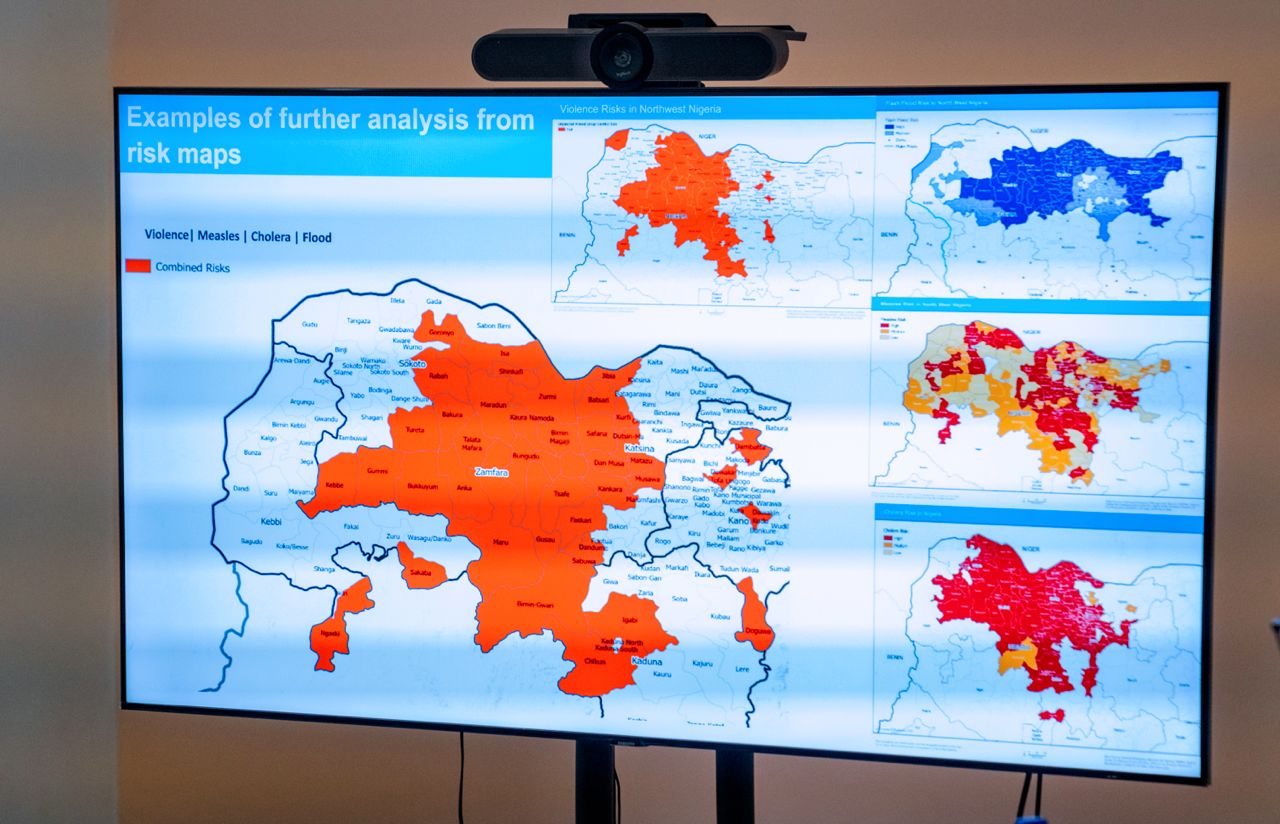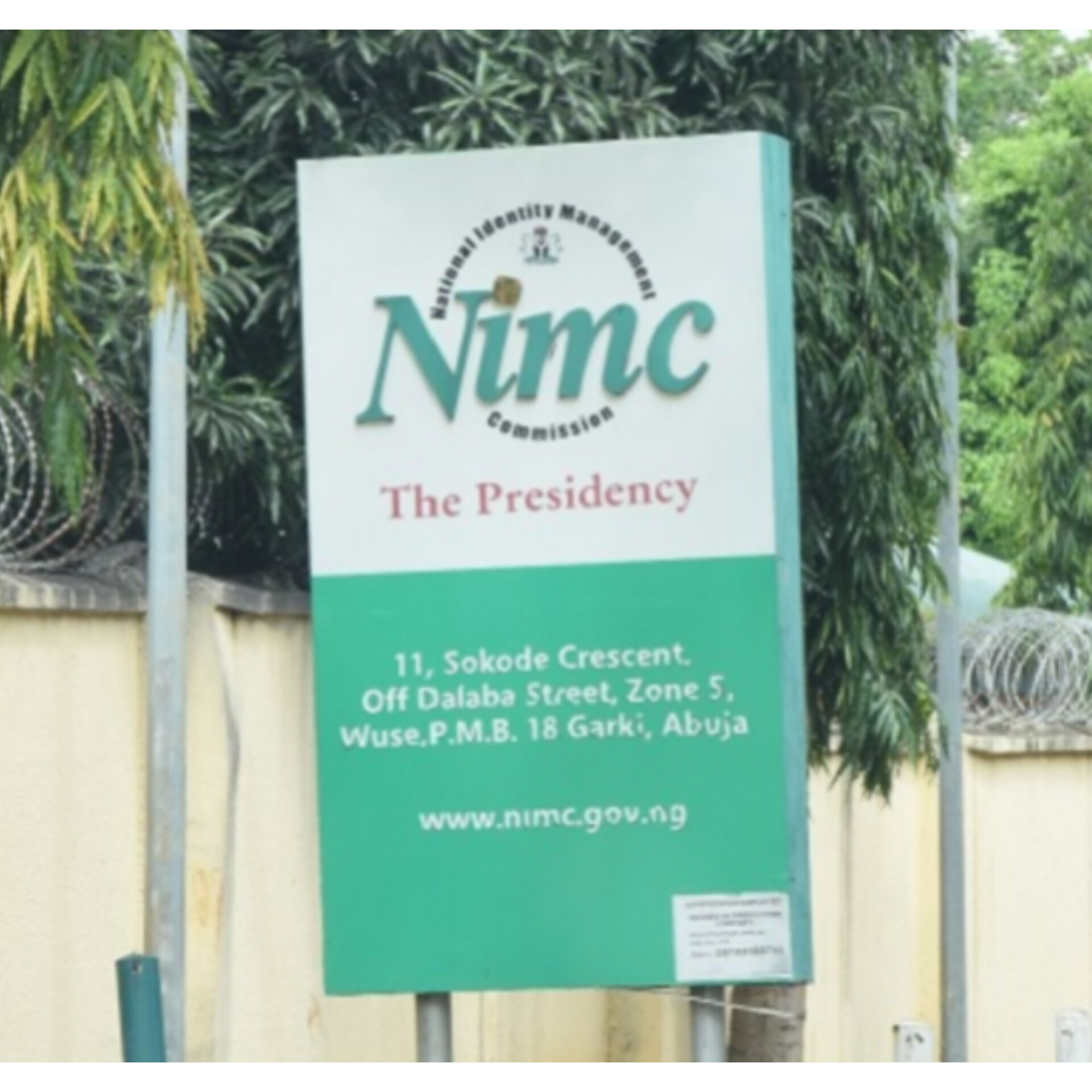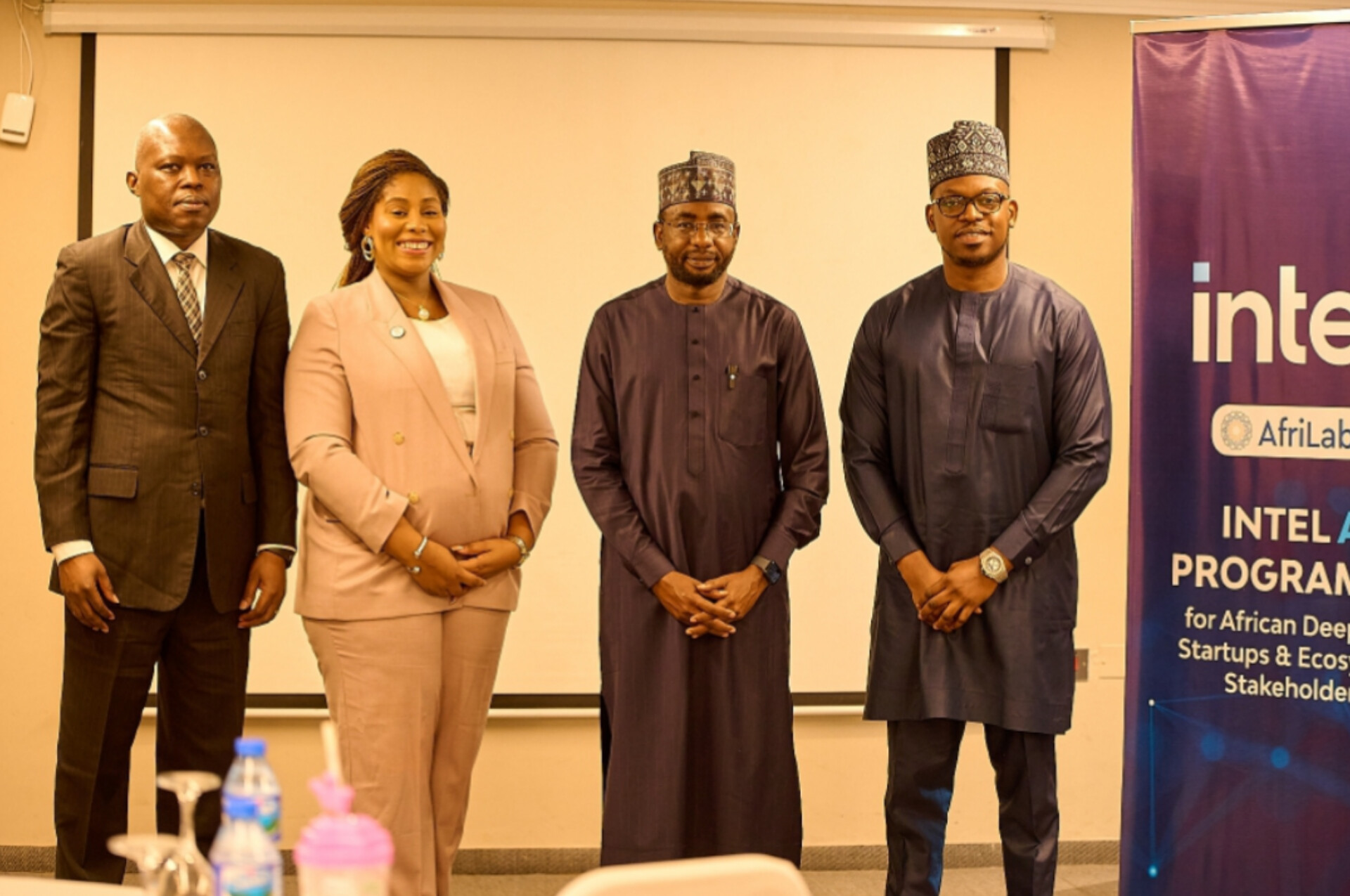***Launches multi hazard analyses dashboard, website
The Minister of Humanitarian Affairs , Disaster Management and Social Development has launched a National Risk Analysis Tool Dashboard and website designed to improve disaster risk preparedness and response plans among others.
Special adviser Nneka Ikem Anibeze said the Minister, Sadiya Umar Farouq launched the dashboard on Tuesday after a presentation by the National Emergency Management Agency NEMA and UNICEF in her office in Abuja.

Unveiling the platform, the Minister congratulated NEMA and UNICEF’s emergency team for their collation and harmonization of baseline data and development of the resource-base.
Umar Farouq stated that the strong partnership and collaboration between the ministry and UNICEF’s Emergency Team will continue to push for the operationalization of evidence-based program planning and implementation as well as policymaking.
“I foresee activities aimed at decentralizing the information to necessary stakeholders such as the UN agencies in the field, other government Ministries, Departments and Agencies and most especially SEMAs.
“I would like to request for additional support to the Ministry and NEMA, especially in the area of capacity building on disaster risk analysis and planning, focusing on data collection, strengthening the tool and reporting findings.
“Congratulations to all those involved in putting this together and I hereby officially launch the dashboard and website”.
Earlier, during the presentation of the Multi Hazard Risk Analysis Tool for Nigeria to the Honorable Minister, the Director General of NEMA Mustapha Habib Ahmed said that Nigeria has experienced radical changes in its risk profile in the last 15 years.
“The main objectives of the Hazard Risk analysis are to develop baseline data on frequency and impact of identified hazards across the country for the purpose of planning, preparedness, and humanitarian response and to improve synergy for disaster preparedness and humanitarian response in Nigeria.
“It is critical to consider why these risks occur with such frequency and severity, who is responsible for addressing them and what capacities these actors need to fulfill so that evidence and knowledge can be turned into prevention, mitigation and preparedness activities”.
A consolidated report and findings of the risk analysis which focuses on three hazards in Nigeria namely flood, epidemics, and conflicts was also presented to the Minister.
The tool is expected to improve disaster risk preparedness and response plans among others and improve efforts towards tackling disaster risks through anticipatory responses rather than the traditional response methods. This includes top notch coordination and planning through consensus building, mobilization of resources and information sharing among stakeholders.






